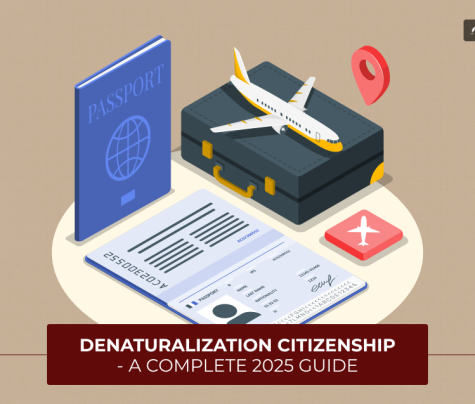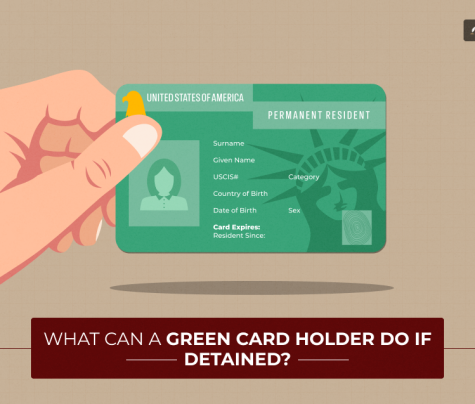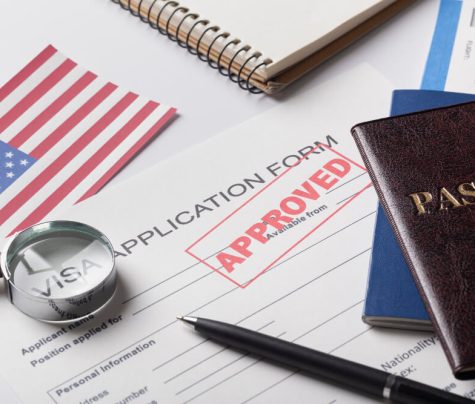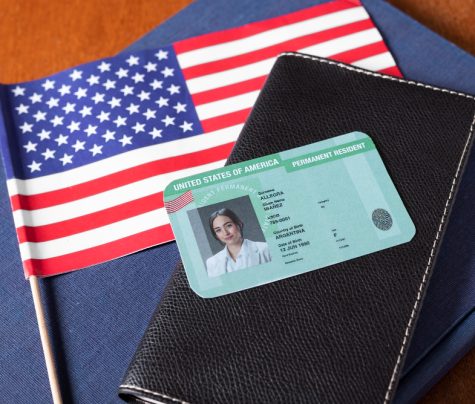
The immigration laws of the US are more complicated than in any other country. The dream of reuniting with your loved ones in the US plays a crucial role in motivating residents- that’s what family immigration law is all about.
However, the path to bringing back their family or loved ones to the US is not exactly a cakewalk. They often have to go through a complex maze of several legal intricacies and procedures.
US family immigration law caters to family unity. However, their strict immigration procedures say otherwise. With their stringent priorities, eligibility criteria, and lots of paperwork sometimes the immigrants tend to lose their motivation.
But don’t worry, here in this blog, we will help you understand the nitty-gritty of family immigration. We would also tell you why hiring a family immigration lawyer also holds paramount importance.
Who Can I Sponsor? Defining Eligible Relationships

Understanding who you can even sponsor is the first crucial step in family-based immigration.
US law prioritizes the close relatives of citizens. This includes unmarried children
under the age of 21, spouses, and parents of US citizens (provided the citizen-child is over 21).
Importantly, there are no annual limits on visas for immediate relatives. Processing time depends largely on the completion of the paperwork.
Other family relationships fall under the “preference” system. Here’s a breakdown of these categories, and it’s essential to note that they all face annual visa caps and potentially very long wait times:
● Adult Unmarried Children of US Citizens: Sons and daughters of US citizens who are over the age of 21.
● Married Children of US Citizens: Any age, including their spouse and minor children.
● Siblings of US Citizens: Adult brothers and sisters of US citizens, along with their spouse and minor children.
The wait times within these preference categories can span several years, even decades in some cases, depending on the specific category and the applicant’s country of origin.
The Sponsorship Process: Forms and Financials
At a glance, the sponsorship procedure might seem to be simple, but it isn’t. It begins with a simple form called Form I-130. This form tries to establish the legitimacy of your family relationship with the person you’re looking to sponsor.
Every detail in this form, however, should be extremely accurate. Alongside the I-130 you also need another weighty document: the Affidavit of Support. It is a legally binding contract where the sponsors pledge to financially support their sponsored immigrants. This also ensures that they won’t come into the US and be reliant on government funds. You have to show legitimate proof of income that would meet the specific guidelines based on the size of your household. Family immigration law is hence crucial in this aspect.
It’s also pivotal to know and understand that the forms play a crucial role in this aspect.Even if there is a seemingly minor error in the form, it can severely trigger delays and even outright denial of your request.
Remember, take your time to go through these forms and make sure that no mistakes are encompassing this. This would also be a great way to prevent heartbreak when your loved ones won’t be able to enter the premises of the US.
When Things Get Complicated: Potential Roadblocks

Unfortunately, not every family immigration case is smooth sailing. Past actions can create significant roadblocks, and it’s vital to address these issues head-on with the help of qualified legal counsel.
Criminal history, both of the sponsor and the potential immigrant can create major complications. Certain convictions may make a sponsor ineligible outright, while others could bar the relative from obtaining a visa. It’s essential not to sugarcoat these situations, but it’s equally important to know that all is not necessarily lost.
Some situations may qualify for waivers, but navigating those is where a specialized family immigration lawyer truly becomes indispensable. Previous immigration violations are another potential red flag. Overstaying a visa’s expiration date, entering the country illegally, or being previously removed (deported) can create what are known as bars to admissibility.
This means, that even with an approved petition, the person could be denied re-entry to the US for a certain period or even permanently. An experienced attorney is needed to fully assess the individual’s immigration history and determine if any waivers or exceptions might apply.
If income is a concern, there is an option for a joint sponsor. This is someone else (often a relative) who agrees to share the financial responsibility of supporting the immigrant. While this can seem like a solution, proceed with caution and thorough legal advice.
Joint sponsorship creates additional legal entanglements and long-term obligations for all parties involved.
When a Marriage is Involved: Red Flags for Fraud

When a marriage is the basis for an immigrant seeking a Green Card, US immigration authorities are on high alert for fraud. Unfortunately, there's a history of individuals entering into sham marriages solely to obtain immigration benefits.
Because of these past abuses, even genuine couples face extra scrutiny.
Proving a marriage is legitimate extends far beyond the wedding certificate. Expect to provide extensive evidence that you share a life together. This might include documentation of joint bank accounts, shared leases or utility bills, photos of you together throughout the relationship, and even affidavits from friends and family attesting to the authenticity of your marriage.
Bringing in a marriage green card lawyer early in the process may seem overly cautious to those in loving relationships. However, it’s about being proactive, not cynical.
An attorney experienced in the specific nuances of marriage-based immigration can help you gather the right evidence from the very start and present it in the most convincing way. It’s also an opportunity to discuss potential red flags that immigration officials look for, ensuring that any innocent actions on your part aren’t misinterpreted as signs of fraud.
How Can You Understand the US Immigration System?

Remember, the intricate rules and procedures are designed to protect the integrity of the US immigration system. While frustrating at times, understanding the reasoning behind the complexities can lessen the stress involved. Here are some resources to help you on your journey:
● USCIS Website: The official website of US Citizenship and Immigration Services ([www.uscis.gov]) provides a wealth of information, forms, and updates on processing times.
● Directory of Immigration Lawyers: Organizations like the American Immigration Lawyers Association (AILA) maintain searchable directories to help you find reputable attorneys specializing in family immigration in your area.
Conclusion
The only way you can reunite with your family is by the means of family law. Even though family immigration law can be complex in a way, it’s absolutely achievable for many people.
All you need is some meticulous preparation and an understanding the guidelines circling around it. Most importantly, hire a proper seasoned legal professional to help you out through the case.
Read Also:











0 Reply
No comments yet.